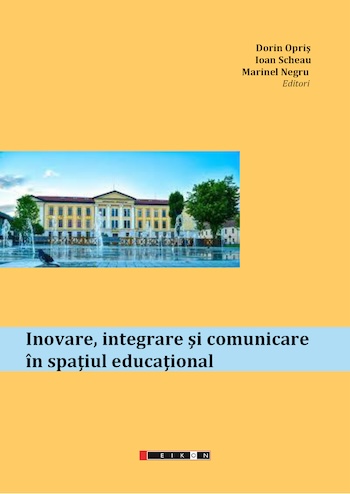VALORILE MORALE ALE CERCETĂTORULUI ŞI RESPECTAREA ETICII DE CERCETARE. STUDIU DE CAZ
THE MORAL VALUES OF THE RESEARCHER AND ADHERENCE TO RESEARCH ETHICS: A CASE STUDY
Author(s): Dorin Opriş, Monica Opriş
Subject(s): Philosophy, Social Sciences, Education, Ethics / Practical Philosophy, Sociology, Adult Education, Higher Education , Methodology and research technology
Published by: Editura Eikon
Keywords: research ethics; moral values; license; master's degree; education sciences;
Summary/Abstract: The present study analyzes the answers provided by 146 undergraduate (67.1%) and master's (32.9%) students in the field of educational sciences in Romania, to the question "Is there a connection between the researcher's moral values and compliance with the norms of ethics in research?". The study was based on a questionnaire applied through the Google Forms application. The data were analyzed by statistical methods, using SPSS. In addition to the basic statistical indicators (frequency, average, median, mode), we also used the results of non-parametric tests: Jonckheere-Terpstra (J-T), Kruskal Wallis (χ2), Mann-Whitney (U). The results show that the respondents who do not position themselves in relation to the question in the item (23.3%) have the following profile: 44.11% are aged between 20-30 years, 88.23% studied at a high school with another profile than the pedagogical one, 47% work in education, 88.23% have minimum work experience in education, 76.70% do not have teaching career degrees and the same percent are at the bachelor's level. The analysis according to the age, the level of studies and the place of work of the respondents shows that there are no statistically significant differences between the two groups of respondents. These research variables do not statistically significantly influence the relationship between the appropriation of moral values and the observance of research ethics. The research can be extended on a larger sample and on different countries, with diverse cultural backgrounds, to identify the possibilities for improving the university curriculum.
Book: Inovare, integrare şi comunicare în spaţiul educaţional
- Page Range: 32-39
- Page Count: 8
- Publication Year: 2024
- Language: Romanian
- Content File-PDF

